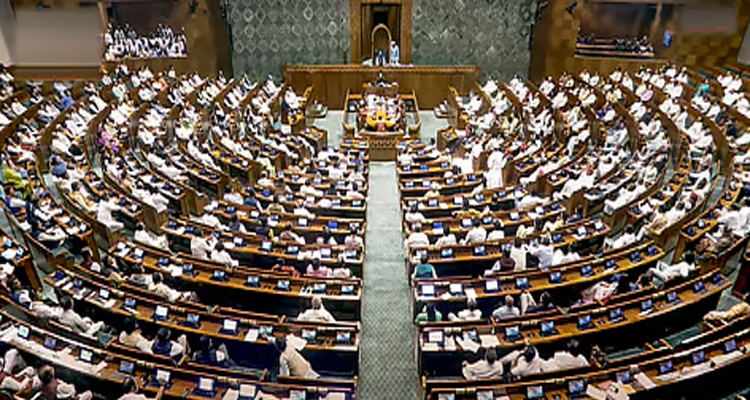
New Delhi: Parliament has passed the Waqf (Amendment) Bill 2025 as Rajya Sabha grants approval in the early hours of Friday, April 4, 2025 following an intense 13-14 hour debate. The bill secured 128 votes in favor and 95 against, marking a key milestone after prolonged discussions. The vote took place around 2 AM, with the debate continuing until the sitting was adjourned at 4 AM after a 17-hour marathon session.
Earlier in the week, the Lok Sabha had also passed the bill, with 288 votes in favor and 232 against, after a similarly exhaustive debate that continued into Thursday night.
Union Minister Kiren Rijiju, presenting the bill in the Rajya Sabha, emphasized that the amendment was designed to ensure transparency in the management of Waqf properties, countering any notion that it was an attack on the Muslim community. Rijiju assured that the law sought to eliminate corruption and improve the efficiency of property management, aligning with Prime Minister Narendra Modi’s vision of “Sabka Saath, Sabka Vikas.”
Despite the government’s stance, opposition leaders raised strong objections. Congress MP Syed Naseer Hussain expressed concerns about the potential negative impact on properties such as mosques, burial grounds, and dargahs, questioning the bill’s implications on 123 specific Waqf properties.
BJP President JP Nadda defended the bill, stressing that it aimed to reform Waqf property management, and accused opposition members of attempting to stall the legislative process. Nadda further stated that the government, under Modi’s leadership, was committed to upholding democratic values.
Leader of Opposition Mallikarjun Kharge, however, criticized the bill, claiming that it undermined India’s pluralistic society and could marginalize the Muslim community, turning them into “second-class citizens.”
The Waqf (Amendment) Bill 2025, first introduced in August 2024, seeks to address long-standing issues in the administration of Waqf properties. The amendment aims to improve the efficiency of Waqf boards, modernize property management, and incorporate technological advancements into record-keeping. In parallel, the Mussalman Wakf (Repeal) Bill 2024, which repeals the Mussalman Wakf Act of 1923, is also intended to promote greater uniformity and transparency in Waqf property management.
As the bill moves closer to becoming law, it continues to spark debate over its potential impact on India’s diverse social fabric.



